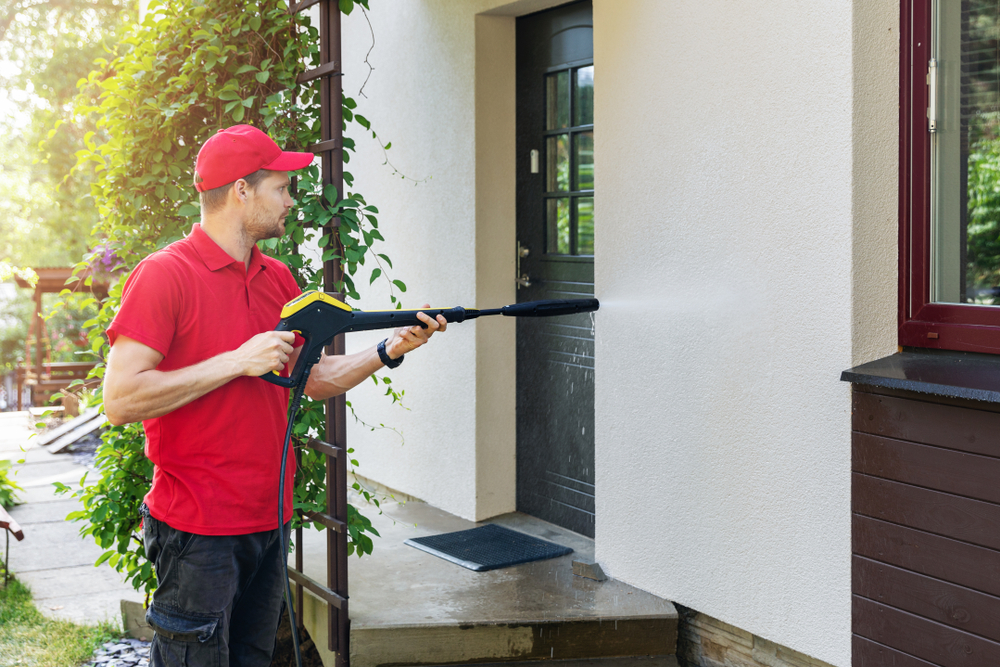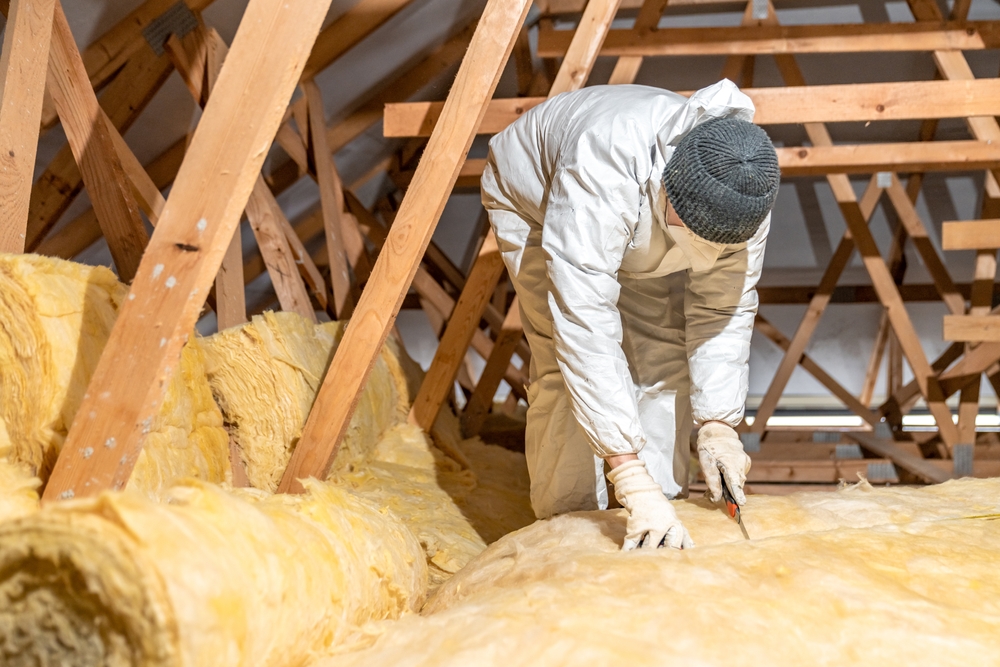
Proving Smoke Damage in Insurance Disputes
California wildfire smoke damage claims: evidence, insurance disputes, and your legal options
Wildfires and Smoke Damage
California’s wildfire seasons bring not only flames but lingering smoke that can damage homes and businesses. If you’re facing a property damage insurance dispute after a wildfire, understanding how to prove smoke damage is vital. Many policyholders discover their insurance company questions the extent or cause of smoke-related losses, sometimes even denying valid claims. Knowing your rights and the evidence you need can make all the difference.
What Is Smoke Damage?
Smoke damage isn’t just about soot on the walls. It can affect air quality, stain surfaces, ruin electronics, and leave hidden toxins in your home. Unlike fire or water damage, smoke’s effects can linger in insulation, vents, and personal belongings. California homeowners often struggle to prove the full impact, especially when insurance adjusters focus only on visible surface issues.
Why Insurers Dispute Smoke Claims
Insurance companies sometimes downplay smoke damage, arguing it’s cosmetic or pre-existing. Some policies have specific exclusions or require detailed proof of loss. After major wildfires, claims for smoke damage rise sharply, and insurers may scrutinize your documentation closely to limit payouts or shift responsibility. Knowing these tactics can help you respond effectively.
California Laws Protecting Homeowners
California law recognizes smoke as a form of property damage and requires insurers to handle claims in good faith. The state’s Insurance Code and the Department of Insurance regulations require prompt investigation and fair settlement practices. If your insurer delays, denies, or underpays your claim without a valid reason, you may have grounds for a bad faith claim.
Key Steps to Prove Smoke Damage
To support your claim, gather evidence early:
- Take clear photos and videos of all affected areas (walls, ceilings, vents, furniture).
- Save samples or swabs showing soot and residue.
- Obtain air quality and contamination tests from professionals.
- Keep receipts for cleaning, repairs, and temporary relocation.
- Document correspondence with your insurer about coverage denials.
Expert Inspections Matter
Insurance adjusters may minimize your losses, so consider hiring independent experts:
- Environmental hygienists can test for smoke particles and toxins.
- Restoration professionals can estimate cleaning and replacement costs.
- Contractors can identify hidden or structural smoke-related issues.
- Certified reports from these experts strengthen your case if the insurer disagrees with your assessment.
Policy Language and Exclusions
Read your insurance policy closely. Some policies exclude certain types of smoke damage or limit coverage if the source wasn’t directly from a wildfire. Others require you to report losses within a set period. If you’re unsure how your coverage applies, review the wording with an attorney experienced in insurance disputes.
Common Mistakes to Avoid
Homeowners sometimes weaken their claim by:
- Cleaning up before documenting the damage.
- Accepting a quick settlement before assessing hidden issues.
- Missing important deadlines for reporting or supplementing claims.
- Relying only on the insurance adjuster’s inspection.
Avoiding these pitfalls can mean the difference between a fair payout and a denied claim.
Working With Your Insurer
Keep all communication professional and in writing. Request a full explanation for any denial or reduction in payment. If your insurer asks for more evidence, provide it promptly. If they delay without good reason, remind them of California’s prompt payment laws.
When to Seek Legal Help
If your claim is denied or undervalued, or you face repeated delays, you may need legal support. An attorney can:
- Review your policy for coverage and exclusions.
- Negotiate directly with the insurer.
- Help document and present your losses.
- Advise you if a bad faith lawsuit is appropriate.
Documenting Every Loss
Be thorough with your records:
- Keep a detailed inventory of belongings impacted by smoke.
- Save receipts for emergency expenses, cleaning, and repairs.
- Note any health impacts and related medical costs.
- Track all discussions with your insurer, including dates and names.
Time Limits for Claims
In California, you generally have up to two years to file a property damage lawsuit, but insurance policies often require faster notice of losses. Don’t delay. If you’re unsure about a deadline, ask your insurer or an attorney right away. You can read more about claim deadlines in California property damage lawsuits.
Protecting Your Rights
Remember, California law is on your side when insurance companies don’t act fairly. If you suspect your insurer is not handling your claim in good faith, you have options. Learn more about bad faith practices and steps you can take.
Closing Thoughts
Smoke damage after a wildfire can turn your life upside down, but you don’t have to face insurance disputes alone. The attorneys at Attain Law understand California’s insurance laws and know how to build strong smoke damage claims. If you need help gathering evidence, negotiating with your insurer, or fighting for a fair settlement, contact us today for a free consultation or call (888) 970-8627. We’re here to support you.
What evidence do I need to prove smoke damage in California? You should gather photos, videos, air quality tests, samples of soot, receipts for cleaning and repairs, and reports from independent professionals. Detailed documentation strengthens your insurance claim.
Are insurance companies required to cover wildfire smoke damage in California? Most California homeowner policies cover fire and smoke damage, but coverage may vary. Always review your policy language and ask for clarification from your insurer if you’re unsure.
What if my insurer denies or underpays my smoke damage claim? If your claim is denied or undervalued, you can appeal the decision, submit additional evidence, or seek legal help. California law protects policyholders from bad faith insurance practices.
How long do I have to file a smoke damage claim in California? Insurance policies usually require prompt reporting, sometimes within days or weeks after the loss. California law generally allows up to two years to file a lawsuit if you need to challenge a denial.
Can I hire my own expert to document smoke damage? Yes, you can hire independent experts such as environmental hygienists or restoration professionals. Their reports can help prove the extent of smoke damage and support your claim.
Disclaimer: This is an advertisement. The information provided is for general purposes only and is not legal advice. Consult a qualified attorney for your specific case. Attain Law cannot guarantee outcomes, as results vary by situation.
Browse Other Articles for "Smoke Damage" in California:
Start Your FREE Consultation
Complete the form for a Free Consultation. No upfront fees, swift action, and we’re only paid when we succeed for you.
Why Choose Attain Law?
- No Upfront Costs
- We operate on a contingency fee basis—you pay nothing unless we win your case.
- Personalized Attention
- Every case is unique. We tailor our strategies to fit your specific situation.
- Proven Track Record
- Our firm has successfully recovered millions for our clients.
- Statewide Representation
- Based in Woodland Hills, we serve clients throughout California.
Justice Is One Step Away
Ready to turn your struggle into strength? At Attain Law, we’re here to take on your fight—whether it’s a car accident, a dangerous drug, or a workplace injury gone wrong. One call starts it all, and we’re with you every step, no upfront cost required.
- Free Case Review
- No Fees Until Victory
- Millions Recovered
- Personal Strategy
- California Coverage
- Relentless Case Pursuit


